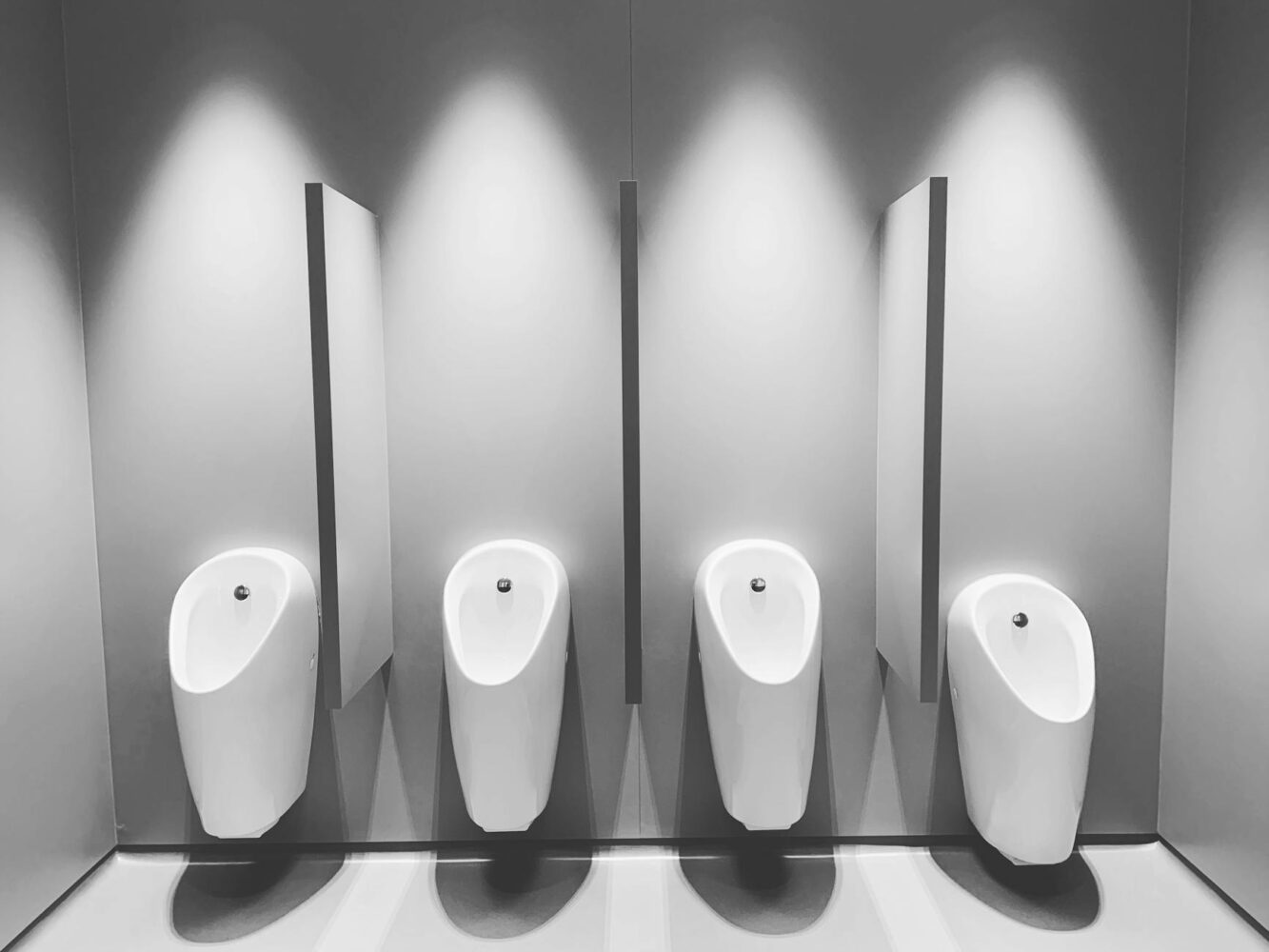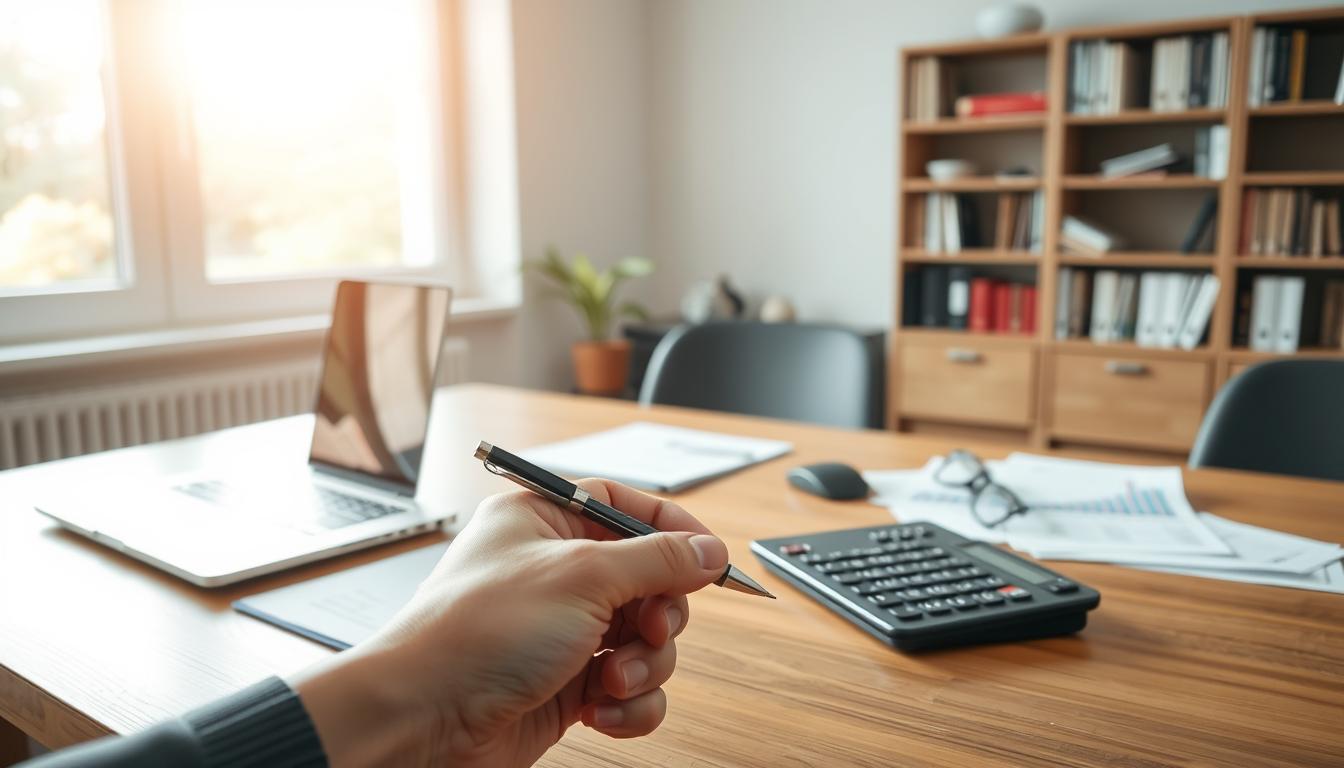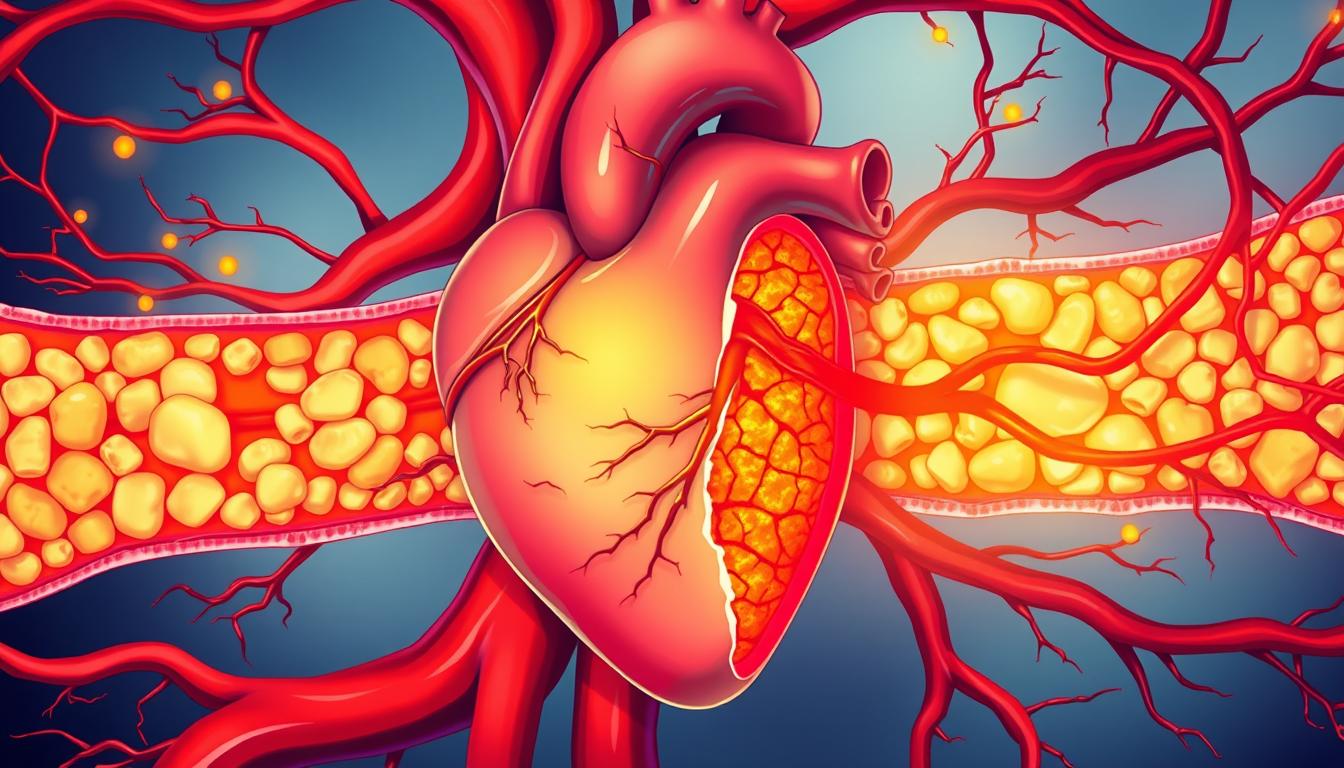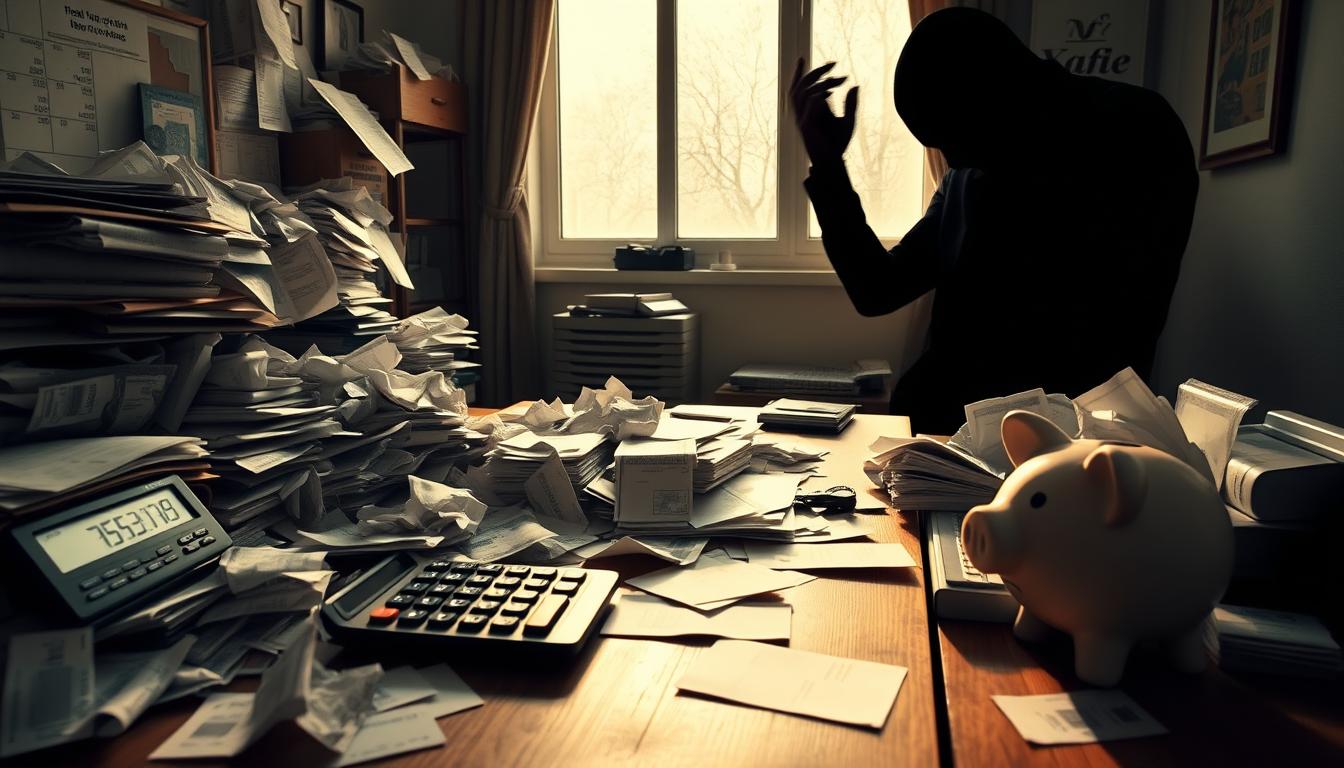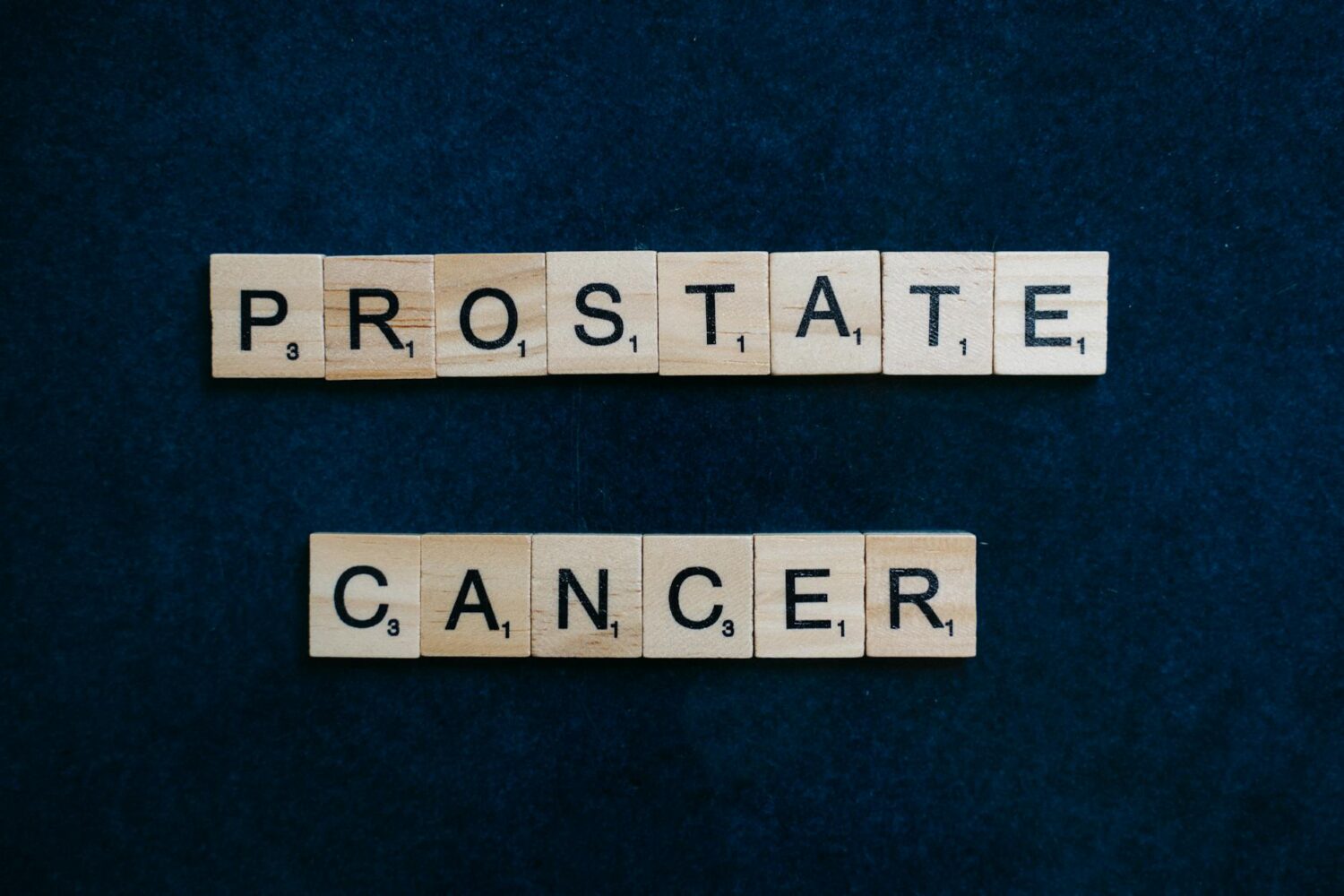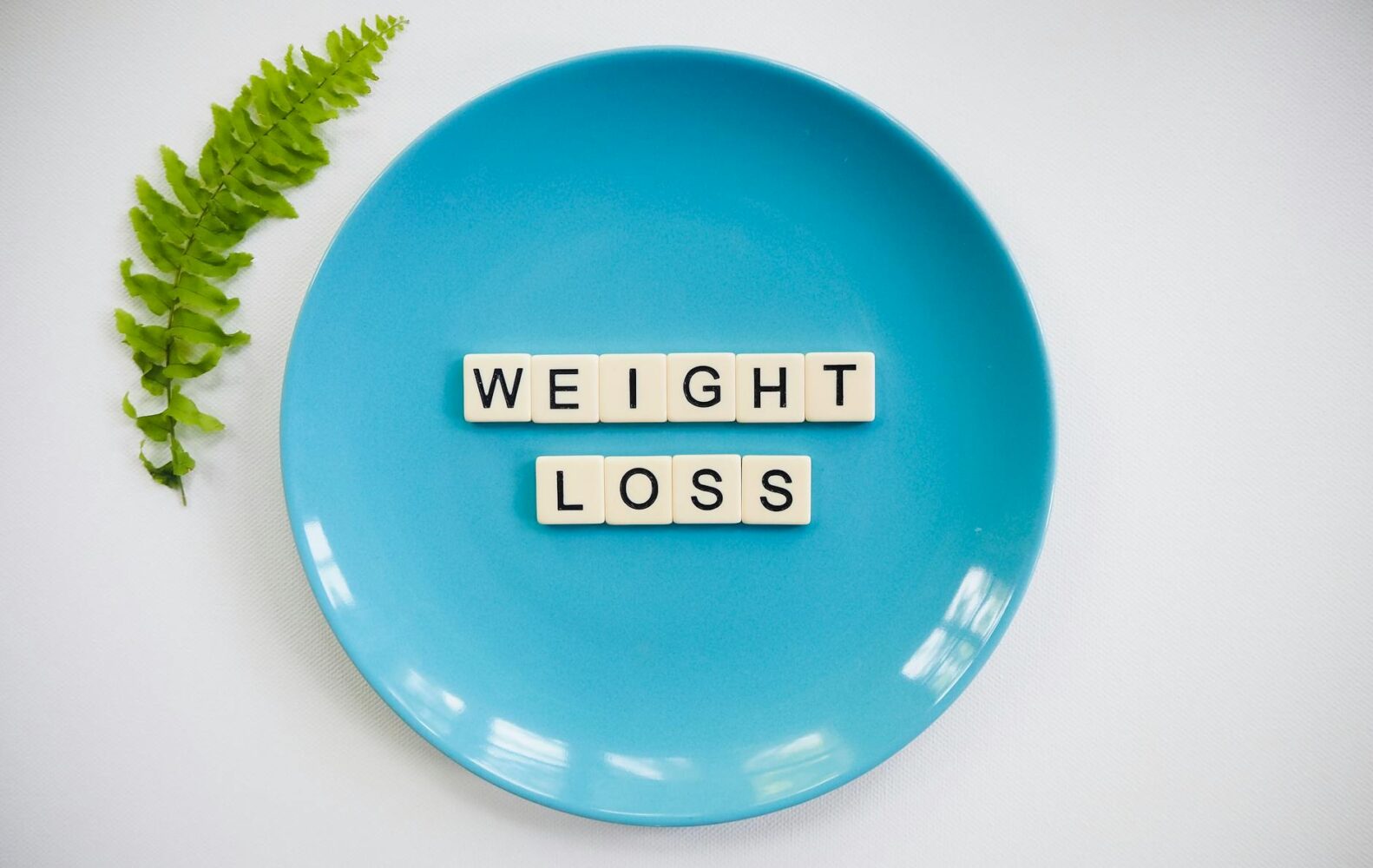If you’ve been searching for a practical way to improve prostate health without relying on heavy medications, Prostavive offers a straightforward daily option. It’s built with carefully chosen ingredients that support comfort and function, so you can focus less on symptoms and more on living your life.
Your prostate health deserves attention, especially if you’re over 40 and noticing changes in your bathroom habits. Men often ignore early warning signs, but catching prostate issues early can prevent serious complications and improve your quality of life.
This guide is for men experiencing urinary changes, pelvic discomfort, or other symptoms that might signal prostate problems. You’ll learn the key warning signs that indicate it’s time to schedule that checkup you’ve been putting off.
We’ll walk through the most common symptoms you shouldn’t ignore, including difficulty starting urination and changes in your bathroom frequency. You’ll also discover which symptoms require immediate medical attention and when waiting could put your health at risk. By the end, you’ll know exactly what to watch for and when to pick up the phone to call your doctor.
Difficulty Starting and Maintaining Urination
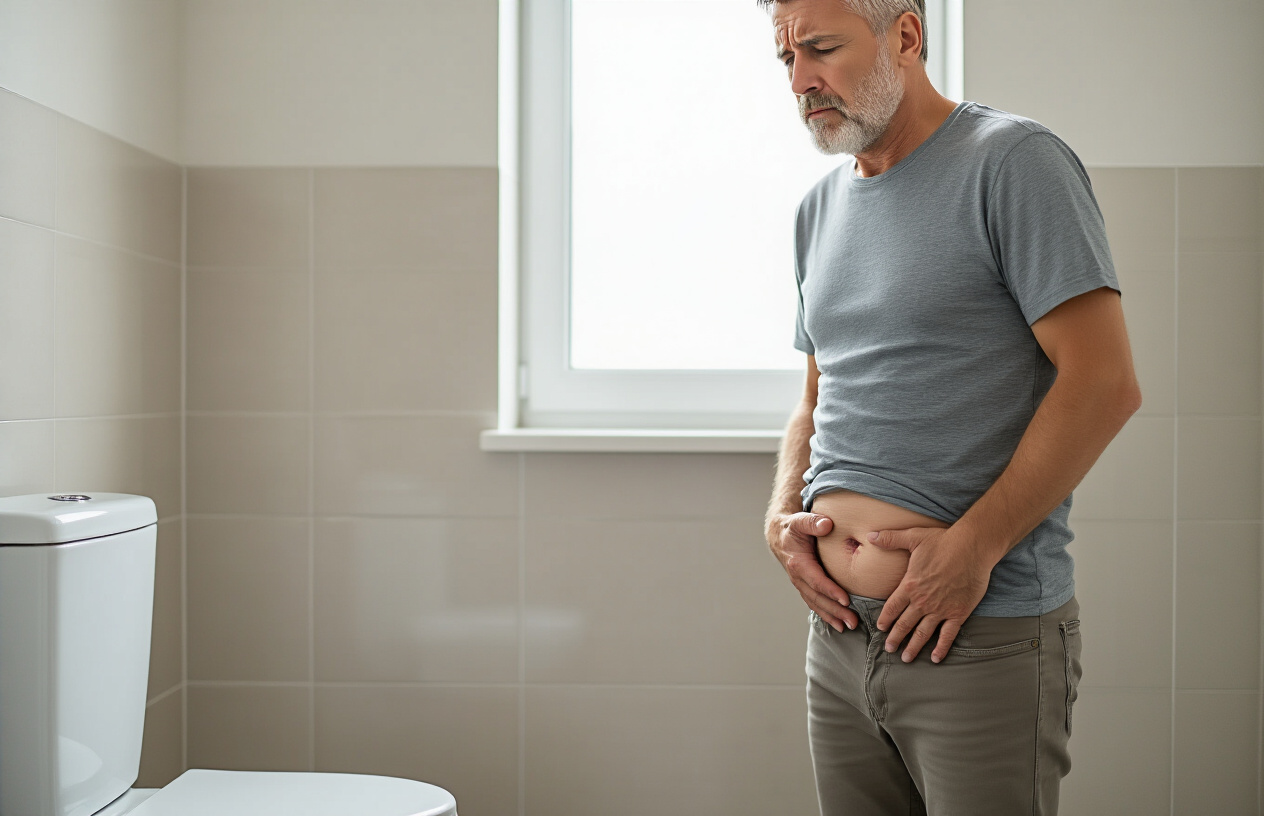
Trouble Beginning to Urinate Due to Blocked Flow
When your prostate enlarges, it can create a physical obstruction that directly interferes with your ability to start urinating. You might find yourself standing at the toilet, feeling the urge to go, but struggling to initiate the flow of urine. This frustrating experience occurs because an enlarged prostate can block the natural pathway of urine through your urethra, creating a bottleneck effect that prevents you from beginning urination normally.
Your enlarged prostate essentially acts like a clamp around your urethra, the tube that carries urine from your bladder out of your body. As the prostate grows larger, it squeezes this vital pathway, making it increasingly difficult for urine to pass through. You may notice that what once was an effortless, automatic process now requires concentration and patience as you wait for your stream to begin.
Weak and Intermittent Urine Stream
Once you do manage to start urinating, you’ll likely notice significant changes in the strength and consistency of your urine flow. Your stream may feel noticeably weaker than it used to be, lacking the force and pressure you once experienced. This weakened flow is a direct result of your enlarged prostate continuing to squeeze your urethra, restricting the amount of urine that can pass through at any given moment.
You might also experience an intermittent stream, where your urine flow stops and starts repeatedly during a single bathroom visit. This stop-and-start pattern occurs because your enlarged prostate creates an unstable flow dynamic, causing your stream to be interrupted as the restricted urethra struggles to maintain consistent pressure. Your once-steady stream may now come in spurts or pulses, making the entire urination process longer and more unpredictable than before.
Straining or Pushing Required to Urinate
Perhaps one of the most telling signs that your prostate needs attention is when you find yourself having to strain or push to overcome the obstruction it creates. Your body naturally tries to compensate for the blocked flow by increasing pressure, which means you’ll instinctively bear down or push with your abdominal muscles to force urine past the obstructing prostate tissue.
This straining becomes necessary because your bladder muscles alone can no longer generate enough pressure to push urine through the compressed urethra effectively. You may find yourself holding your breath, tensing your core muscles, or even leaning forward to create additional pressure that helps overcome the resistance created by your enlarged prostate. This extra effort transforms what should be a simple, relaxed process into a physically demanding task that requires conscious effort and muscle engagement.
Frequent and Urgent Urination Patterns
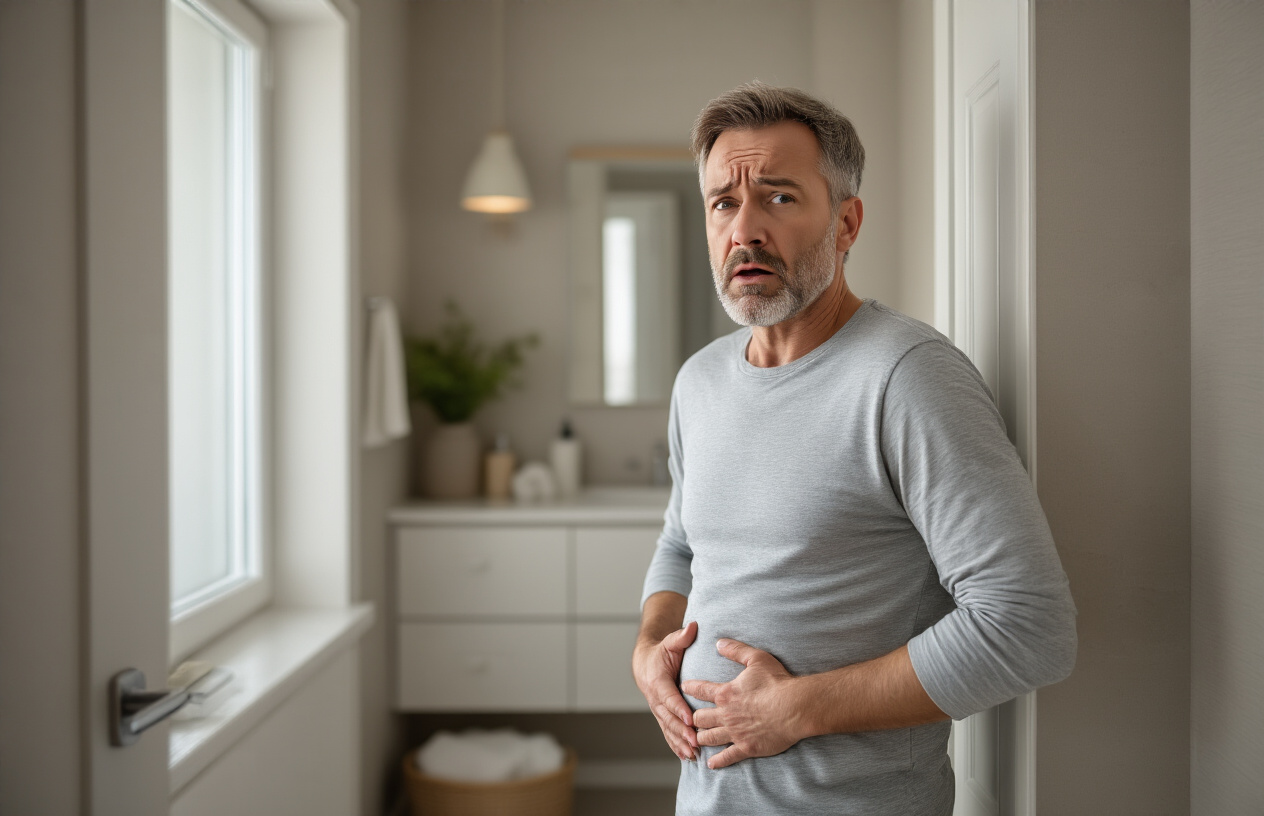
Increased frequency of urination throughout the day
When your prostate begins to enlarge, one of the most noticeable changes you might experience is finding yourself making more frequent trips to the bathroom throughout your day. This increased urinary frequency occurs because an enlarged prostate can make it significantly more difficult for your bladder to empty completely during each visit to the restroom.
You may notice that you’re urinating more often than your usual pattern, sometimes feeling like you just finished using the bathroom only to feel the need to go again shortly after. This happens because when your prostate presses against your bladder or urethra, it prevents your bladder from emptying fully, leaving residual urine that quickly triggers the sensation of needing to urinate again.
Sudden and urgent need to urinate
Another telltale sign that your prostate may need medical attention is experiencing sudden, intense urges to urinate that seem to come out of nowhere. When your enlarged prostate pushes against your bladder, it can create pressure that triggers urgent sensations with little to no warning.
You might find yourself in situations where the urge to urinate comes on so quickly and intensely that you feel compelled to immediately find the nearest restroom. This urgency can be particularly concerning because it may interfere with your daily activities, work schedule, or social situations, as you cannot predict when these sudden urges will occur.
Waking up multiple times at night to urinate
Perhaps one of the most disruptive symptoms related to prostate issues is the increase in nighttime urination frequency, medically known as nocturia. If you find yourself waking up two to three times or more per night specifically to urinate, this could be a significant indicator that your prostate requires professional evaluation.
This frequent nighttime awakening occurs as a direct result of the increased overall urination frequency caused by your prostate’s interference with normal bladder function. Your sleep quality becomes compromised as your body’s natural sleep cycles are repeatedly interrupted, potentially leading to daytime fatigue and decreased quality of life.
Incomplete Bladder Emptying and Related Issues
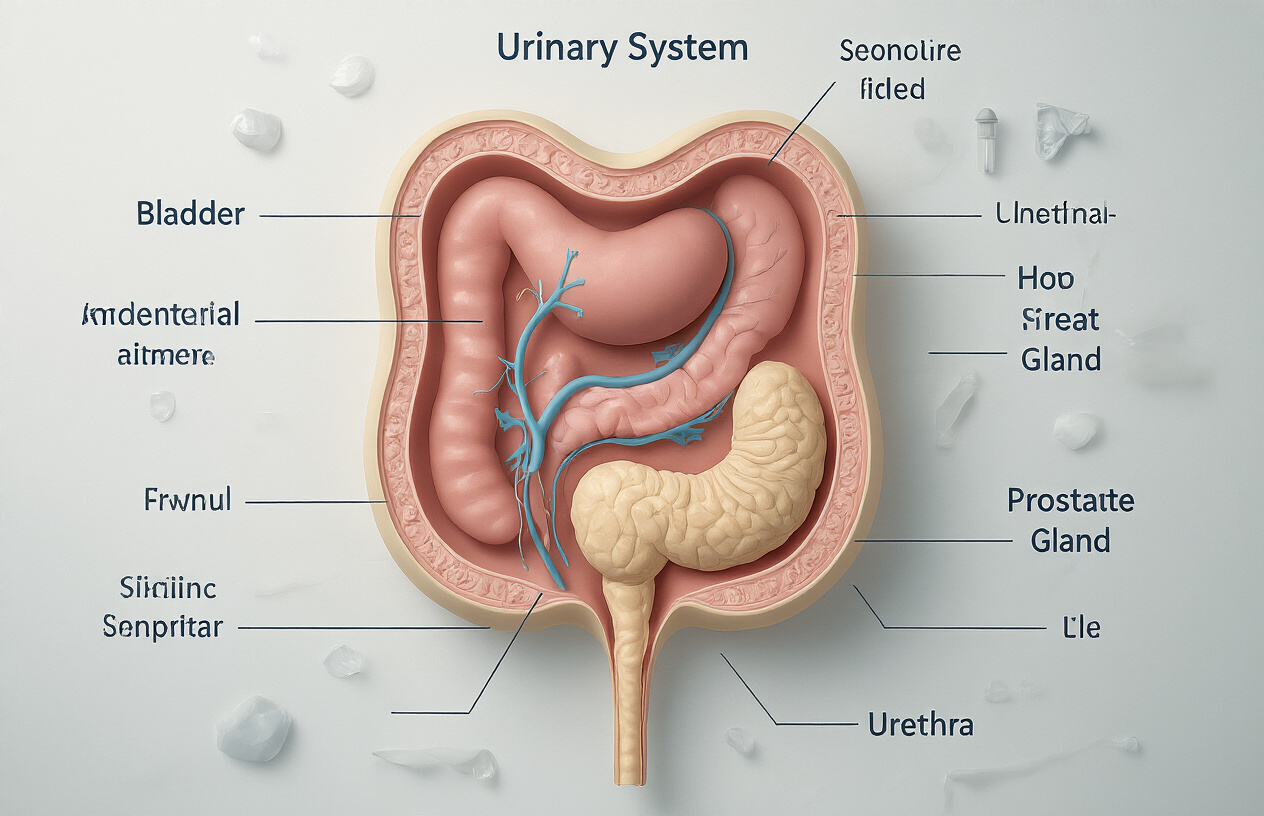
Feeling that your bladder never fully empties
When your prostate becomes enlarged, it can press against your urethra and weaken your bladder muscle, creating a persistent sensation that your bladder never completely empties. This frustrating feeling occurs because the enlarged prostate tissue physically obstructs the normal flow of urine, preventing your bladder from fully contracting and releasing all its contents. You might find yourself finishing urination yet still feeling the uncomfortable sensation that more urine remains trapped inside.
This incomplete emptying sensation can be particularly noticeable after you’ve just used the bathroom, leaving you with an unsatisfying feeling that the job isn’t finished. The weakened bladder muscle, struggling against the pressure from an enlarged prostate, simply cannot generate enough force to push out every drop of urine. This creates a cycle where your bladder never feels truly empty, leading to increased frequency of bathroom visits as you attempt to relieve this persistent sensation.
Urinary leakage or dribbling after urination
Now that we’ve covered the sensation of incomplete emptying, you may also experience urinary leakage or constant dribbling after urination, medically known as overflow incontinence. This condition directly results from your inability to fully empty your bladder due to prostate enlargement. When urine remains trapped in your bladder, it can leak out unexpectedly, causing embarrassing dribbling that continues even after you believe you’ve finished urinating.
You might notice small amounts of urine continuing to drip for several minutes after you’ve left the bathroom, or experience unexpected leakage throughout the day. This overflow incontinence occurs because your bladder, unable to empty completely, reaches capacity and begins to overflow like a cup that’s too full. The constant presence of residual urine creates pressure that can cause involuntary leakage at inconvenient times.
Development of bladder stones from concentrated urine
With this in mind, another serious consequence of incomplete bladder emptying is the development of bladder stones from crystallized, concentrated urine. When your bladder cannot empty properly due to reduced urine flow, the remaining urine becomes increasingly concentrated over time. This stagnant, concentrated urine provides the perfect environment for crystallization to occur, eventually forming solid bladder stones.
The reduced urine flow caused by prostate enlargement allows minerals and waste products in your urine extended time to crystallize and form these problematic stones. Your bladder, designed to be regularly flushed clean, instead becomes a reservoir where concentrated urine sits for extended periods, creating ideal conditions for stone formation. These bladder stones can cause additional complications, including increased pain during urination, further obstruction of urine flow, and potential infections that require immediate medical attention.

Recognizing the signs that your prostate needs attention is crucial for maintaining your health and quality of life. Whether you’re experiencing difficulty starting urination, frequent nighttime trips to the bathroom, or persistent pelvic discomfort, these symptoms shouldn’t be ignored. Remember that the severity of your symptoms doesn’t always reflect the seriousness of the underlying condition, which is why even mild changes warrant professional evaluation.
Don’t wait for symptoms to worsen before seeking help. Early detection and treatment provide the most effective options and can prevent prostate issues from significantly impacting your daily routine. Schedule a prostate exam with your doctor if you’re experiencing any of these warning signs – your prostate health is too important to leave to chance, and addressing concerns promptly gives you the best chance for successful treatment and continued well-being. Diet and exercise are important, but sometimes the body needs more direct support. Prostavive was created specifically for men looking to strengthen prostate health, and it’s easy to add to your daily routine. Think of it as a way to back up the healthy changes you’re already making.

